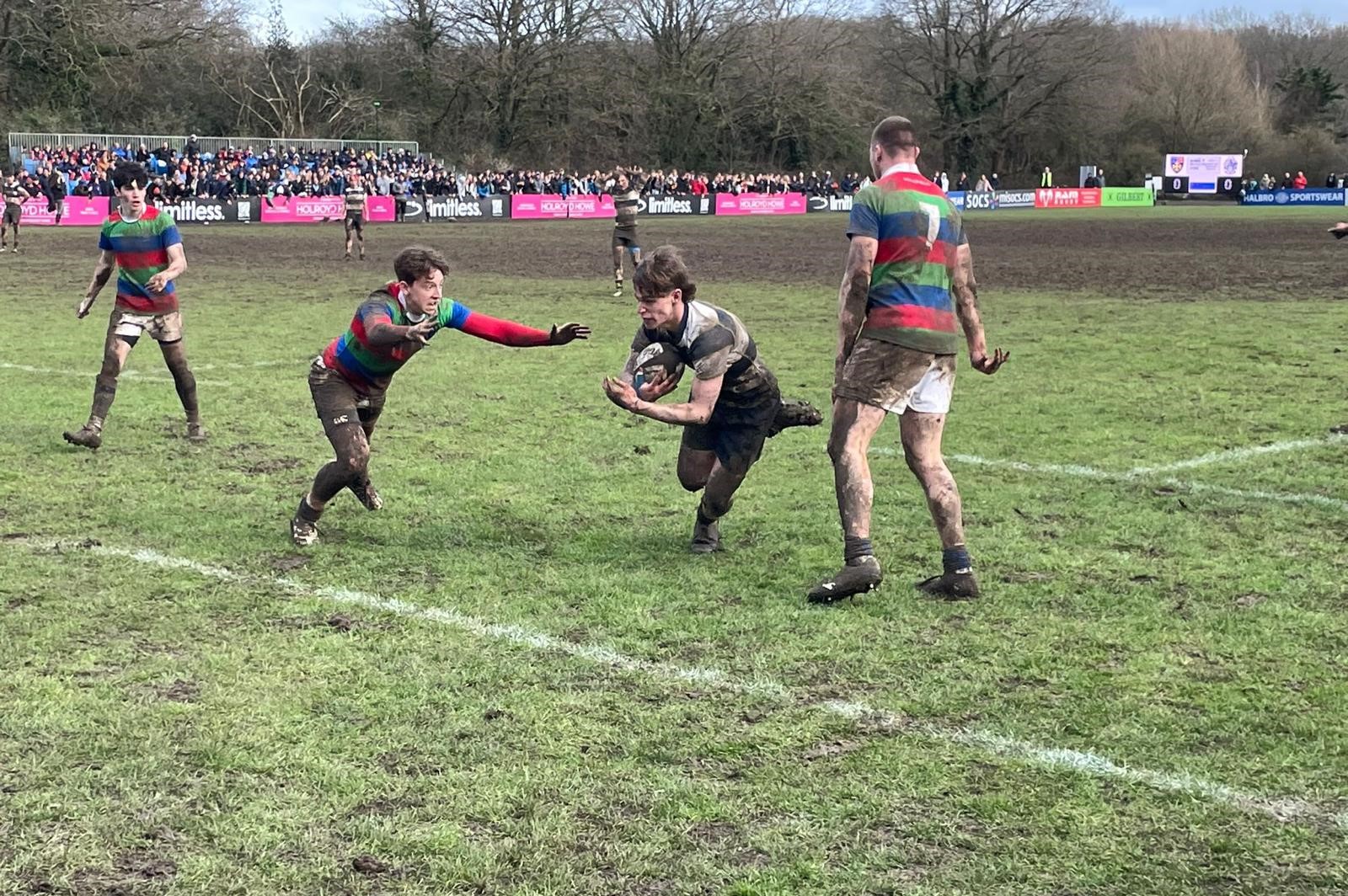Take away the contact and you don’t have a game left

With the Six Nations now in full swing the last thing the game needs is further condemnation about how it's played but last week the sport found itself being called a form of ‘child abuse' because it allows physical contact.
According to academics from three universities, Winchester, Bournemouth and Nottingham, letting children (5-16 year-olds) take part in contact sports contradicts existing British laws that prohibit child abuse.
The leading author Eric Anderson (professor of sport at Winchester University) said: “Injuries remain the same so we stop parents hitting children around their head as punishment, but we also need to stop children from being hit on the head as a form of play.”
This has been used to suggest that the UN convention on the rights of the child, as well as the RFU's own safeguarding policy, provide a justifiable framework for banning impact sport for children.
Rugby at mini and junior levels already have a number of limited contact games from Touch to Tag but it is vital for all young players to learn how to play the contact game that they will be expected to play when they reach adulthood.
There are already a number of variations in youth rugby to increase safety and reduce impacts at the scrum etc up to U19 players. To raise it even more could easily increase the number of players leaving the game, as part of the attraction of the sport is the actual physical contact that takes place.
Young men and women enjoy the challenge that both the physical and mental competition in the sport brings and even though there can be risks, it is probably the main reason we play and watch. To take away the contact could take away the reason for our game.